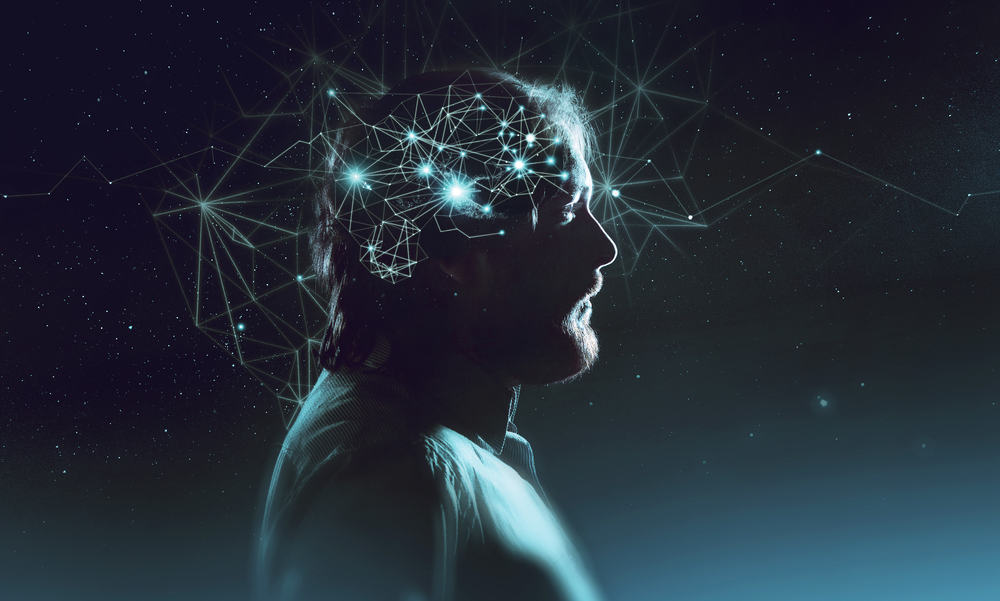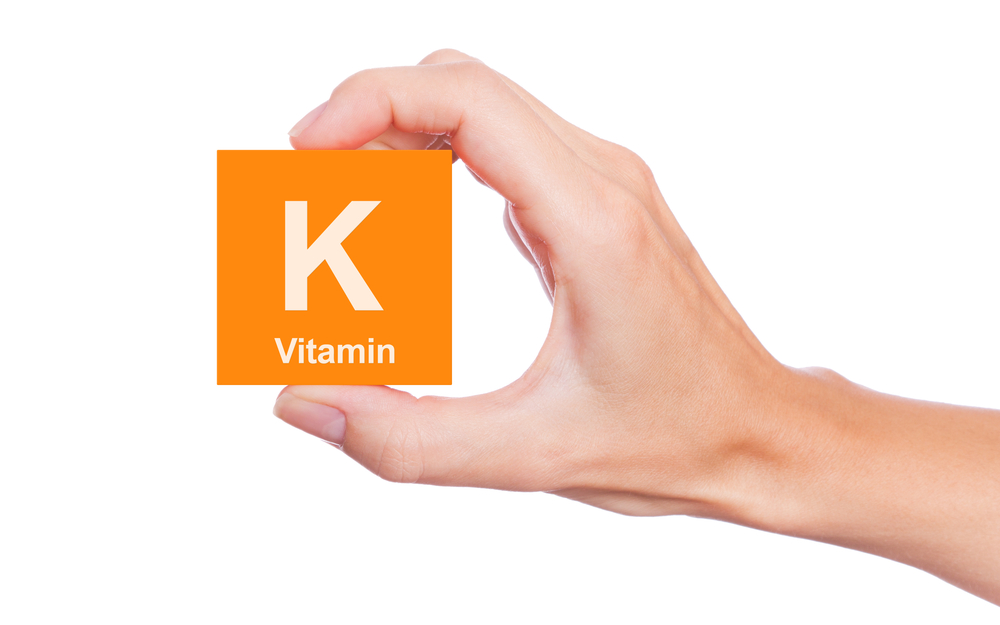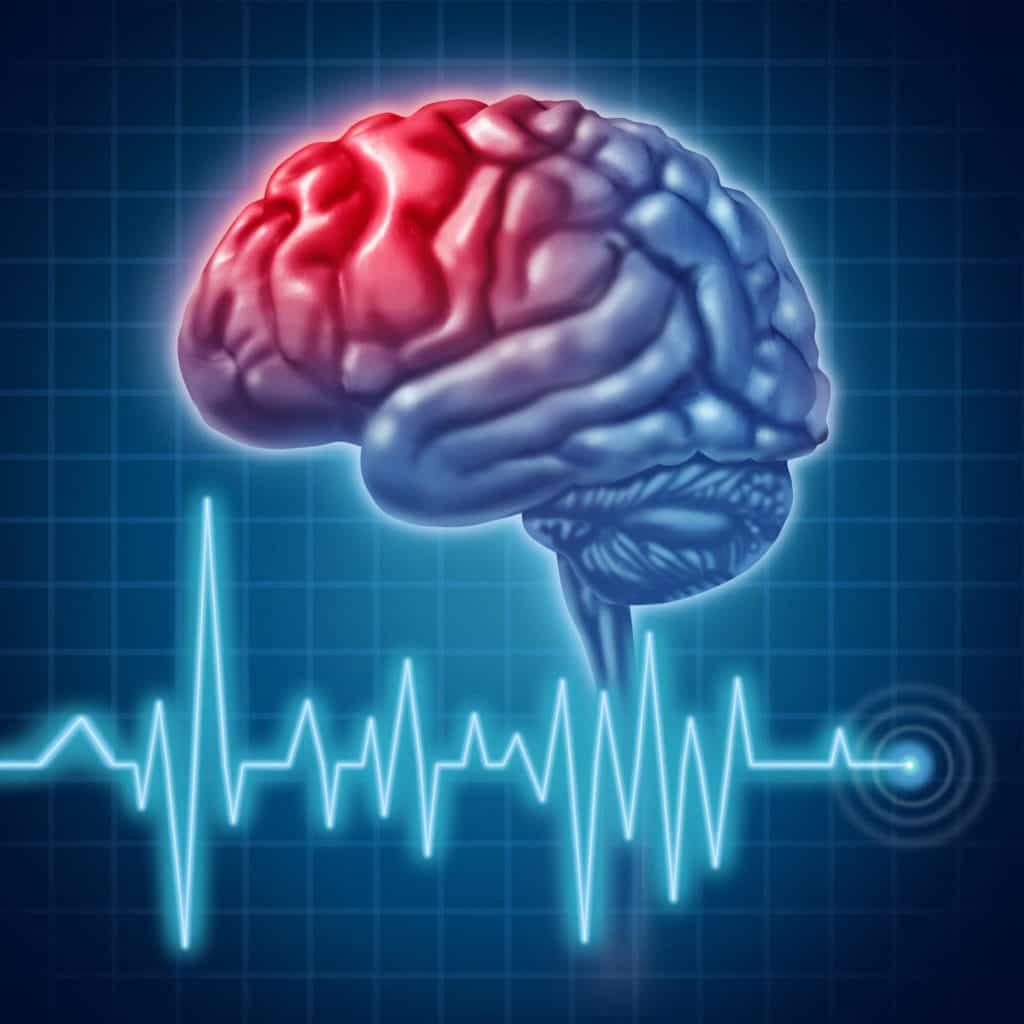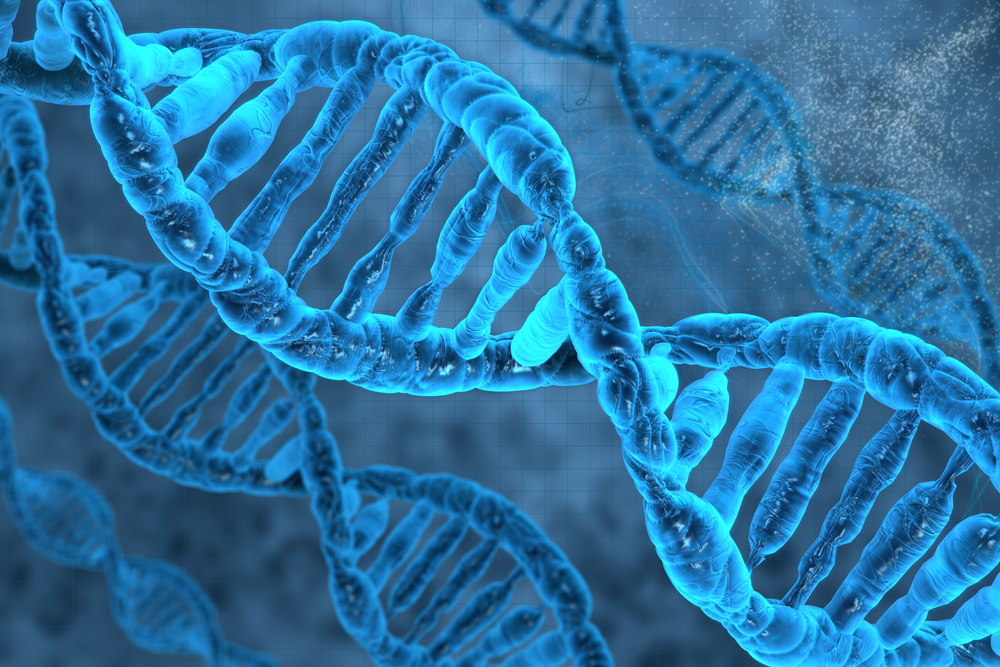Contents:
- Medical Video: What happens when you remove the hippocampus? - Sam Kean
- The function of the hippocampus is memory processing
- What happens if the hippocampus is damaged?
- Diseases affecting the hippocampus
- 1. Transient global amnesia (TGA)
- 2. Alzheimer's disease and depression
- 3. Epilepsy
Medical Video: What happens when you remove the hippocampus? - Sam Kean
The brain consists of many parts to help carry out various bodily functions. The hippocampus is part of the limbic system of the cerebrum located in the temporal lobe near the center of the brain. There is one part of the hippocampus on each side of the head. What is the function of the hippocampus?
The function of the hippocampus is memory processing
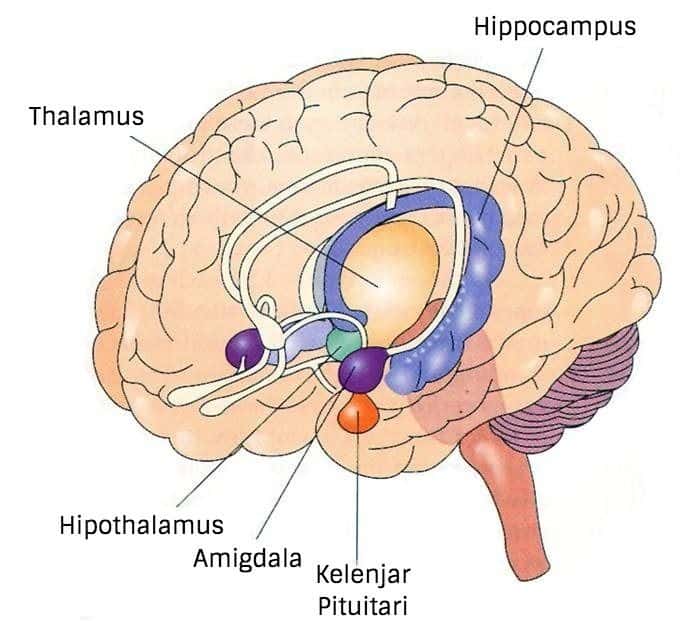
The hippocampus is a part of the brain that is shaped like a seahorse (see picture below for more details) and has 3 layers made of pyramidal cells.
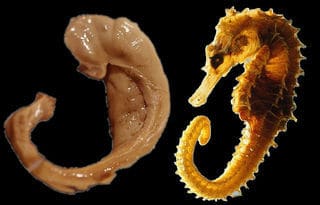
The hippocampus is part of the limbic system. The limbic system is a part of the brain that is involved in behavioral and emotional responses, especially when it comes to the behavior we need to survive such as foraging, reproduction and caring for offspring, and response flight or flight (fight or run away) when faced with negative situations or stress triggers.
The main function of the hippocampus itself is learning and storing and processing long-term memory.
In the context of memory, the hippocampus helps process and retrieve two specific types of long-term memory, namely:
- Explicit memory, namely memory consisting of facts and events that are consciously carried out. For example: An actor learns to remember dialogue in a performance.
- Spatial relationships, namely memory types that help us connect the location of objects with other reference objects specifically. For example: Taxi drivers remember the entire city route.
The Hippocampus is not responsible for remembering how to walk, talk, or ride a bicycle. Procedural memory such as how to walk, how to talk, and how to operate a device are controlled by the cortex and the cerebellum.
What happens if the hippocampus is damaged?
If the entire hippocampus is damaged, or only partially, you can experience serious memory problems.
Especially when the hippocampus is damaged, you can no longer produce new long-term memory. You might recall things that happened a while ago, but can't remember things that just happened before the hippocampus was damaged.
For example, someone can draw a map of the location of a house he lived in as a child, but had difficulty remembering the direction of his new home. Sometimes, he also has difficulty moving from one place to another.
Diseases affecting the hippocampus
1. Transient global amnesia (TGA)
TGA is memory loss that occurs suddenly and lasts for a while. The cause is unknown, but experts suspect that the damage to the hippocampus could be a risk factor. Often, people who experience TGA eventually regain their memories.
2. Alzheimer's disease and depression
Alzheimer's disease and depression can shrink the size and change the shape of the hippocampus. In depression, the size of the hippocampus can shrink by 20 percent. However, scientists are still studying which occurs first: the smaller hippocampus or depression.
3. Epilepsy
An autopsy of 50-75% of corpses that had epilepsy during their lifetime showed damage to the hippocampus. But it is still unclear whether epilepsy originates from damage to the hippocampus.
Hello Health Group does not provide medical advice, diagnosis or treatment.

